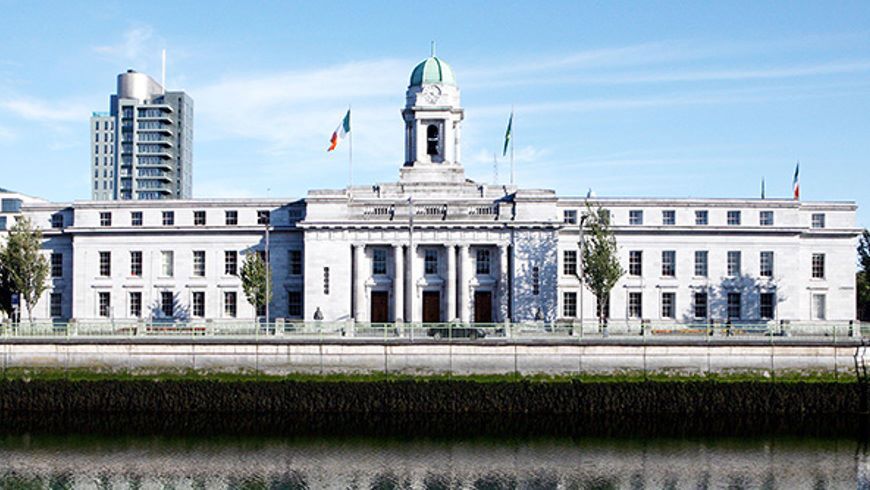Health and Wellbeing
The quality of air around us is very important as it directly affects our health and the environment we live in. Clean air is needed to maintain the delicate balance of life on earth - not just for humans but wildlife, vegetation, water and soil.
The World Health Organisation (WHO) estimates that more than 400,000 premature deaths are attributable to poor air quality in Europe annually. According to a recent EPA report, the number of premature deaths in Ireland attributable to air pollution is estimated at 1,300 people per annum. Hence it is important to be aware of the quality of the air that we breathe.
Air contaminants that affect people in Ireland include gases that may accumulate indoors, such as radon, carbon monoxide and particulate matter from open fires. Outdoor pollution may arise from vehicle emissions, power generation, and from burning fossil fuels (such as smoky coal and oil).
Despite our monitored air quality being within EU limit values, the levels of particulate matter are of growing concern, especially during the winter months when domestic solid fuel burning can have a direct impact on our air quality and on our health. In our larger urban areas we face potential exceedances of nitrogen dioxide limit values unless we reduce our reliance on private vehicles and promote more sustainable transport.
What can be done to Improve Air Quality
- A ban on the use of smoky coal in Cork City Council's administrative area has been in place since 1995. Read more information on Cork's Low Smoke Zone.
- Home owners could investigate ways to make homes more energy efficient by using alternative ways to heat your home (such as heat pump systems) or reduce the amount of heating required to heat your home by improving wall and attic insulation in your house.
- Reduce Traffic emissions and traffic congestion by considering other options such as car share, walk or cycle when you can and use of public transport when possible.
- Promote fuel efficiency by using fuel efficient vehicles.



